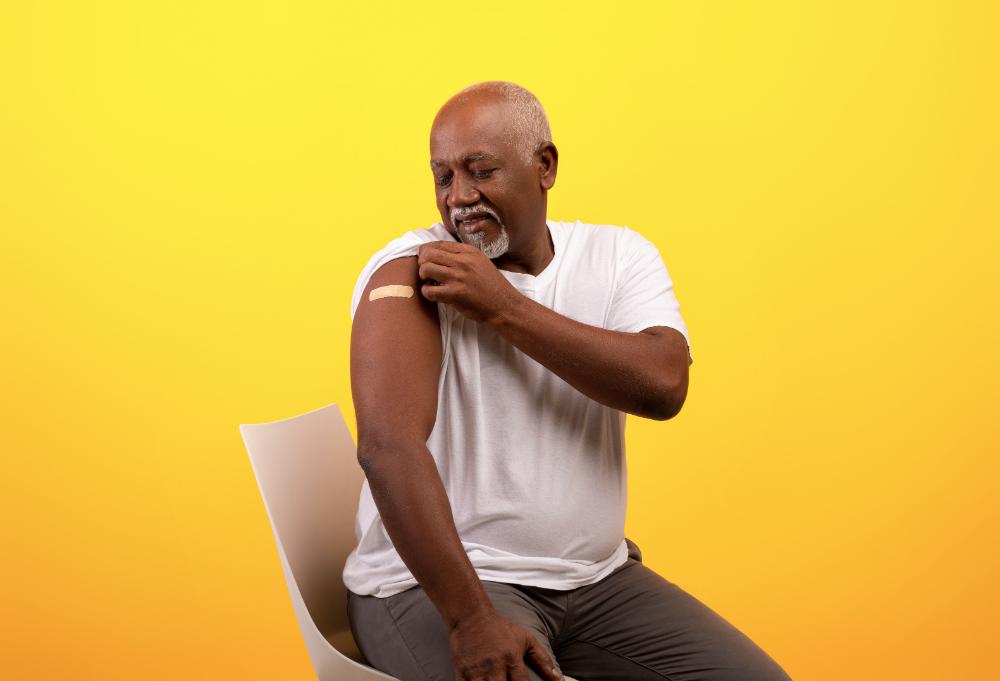Hepatitis B is a serious liver infection caused by the hepatitis B virus (HBV). It is mainly passed on by blood-to-blood contact or passed on through sexual contact.
Most people will have acute hepatitis B where symptoms may last up to 6 months and the body is able to eliminate the virus and recover. If the infection lasts for more than 6 months, it is called chronic hepatitis. Chronic hepatitis can lead to over problems such as liver damage, liver failure and liver cancer.
Exposure to Hepatitis B may include:
- sharing needles and other injecting drug equipment
- sharing razors, toothbrushes or nail clippers
- sexual contact (either heterosexual or homosexual)
- tattooing with unsterilised needles and equipment
- close family contact with someone who has hepatitis B
- being born to a mother with hepatitis B (although this is uncommon in Australia as pregnant women are screened for hepatitis B and treated if necessary, and also babies are vaccinated soon after birth)
- accidental exposure such as a needle stick injury or being splashed with infected blood or body fluid
- blood transfusion — this is now very rare as blood in Australia is screened for hepatitis B


Hepatitis B vaccination is recommended for:
- infants
- Aboriginal and Torres Strait Islander people
- people who are immunocompromised
- people with medical risk factors
- people whose occupation increases their risk of acquiring hepatitis B including healthcare workers, police, correctional facility officers, tattooists and body piercers
- travellers to hepatitis B–endemic areas
- people whose circumstances increase their risk of acquiring hepatitis B.
Vaccination can prevent Hepatitis B.
Pharmacists in NSW can administer the Hepatitis B vaccine to people aged 5 years and over.
Reference: healthdirect.gov.au

